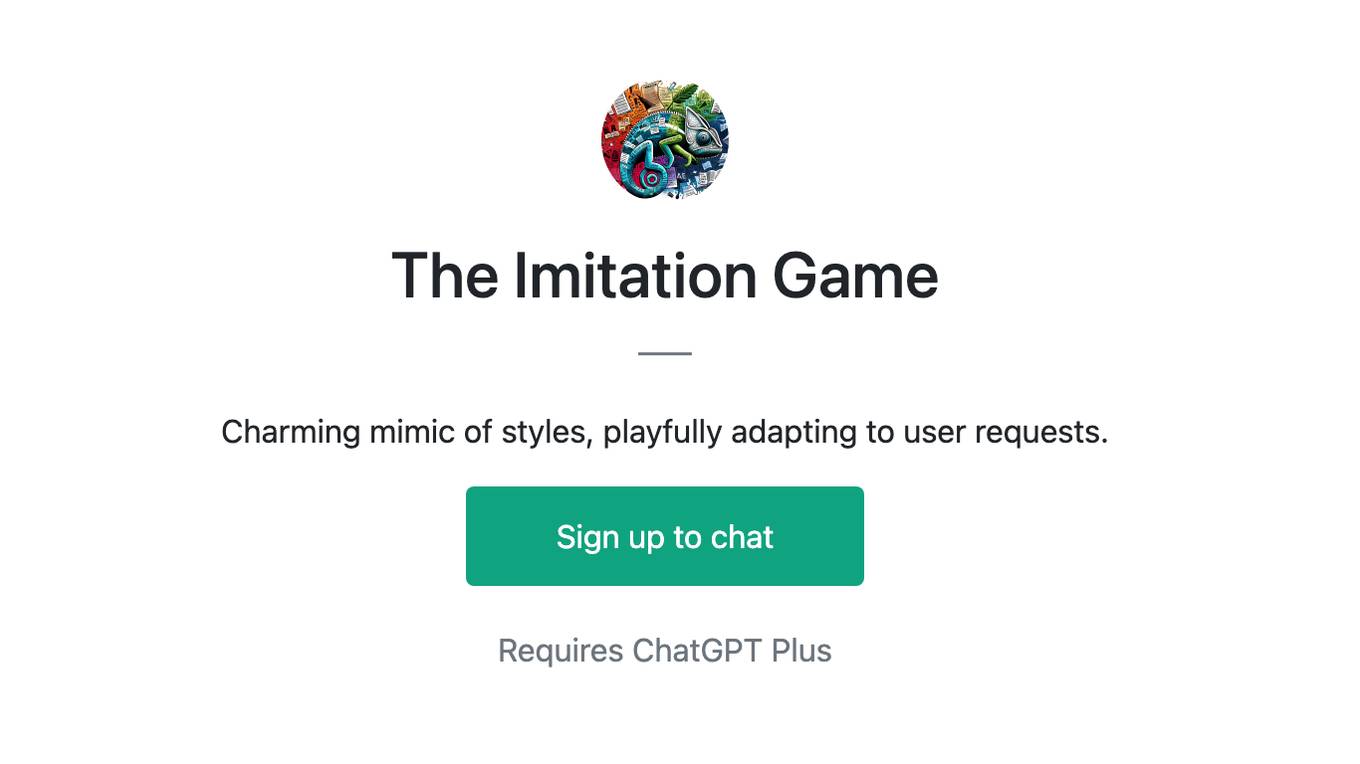Best AI tools for< Imputation Of Missing Data >
4 - AI tool Sites
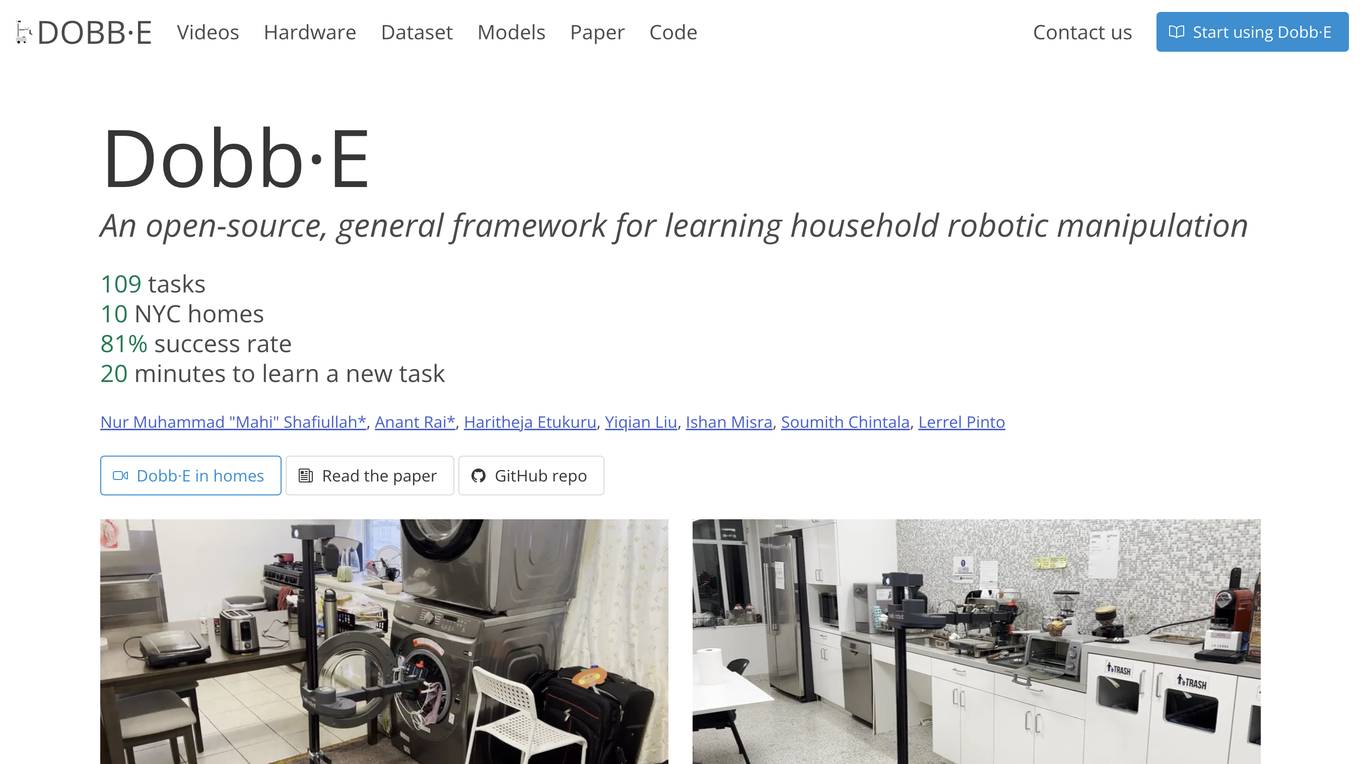
Dobb·E
Dobb·E is an open-source, general framework for learning household robotic manipulation. It aims to create a 'generalist machine' for homes, a domestic assistant that can adapt and learn various tasks cost-effectively. Dobb·E can learn a new task with just five minutes of demonstration, achieving an 81% success rate in 10 NYC homes. The system is designed to accelerate research on home robots and eventually enable robot butlers in every home.
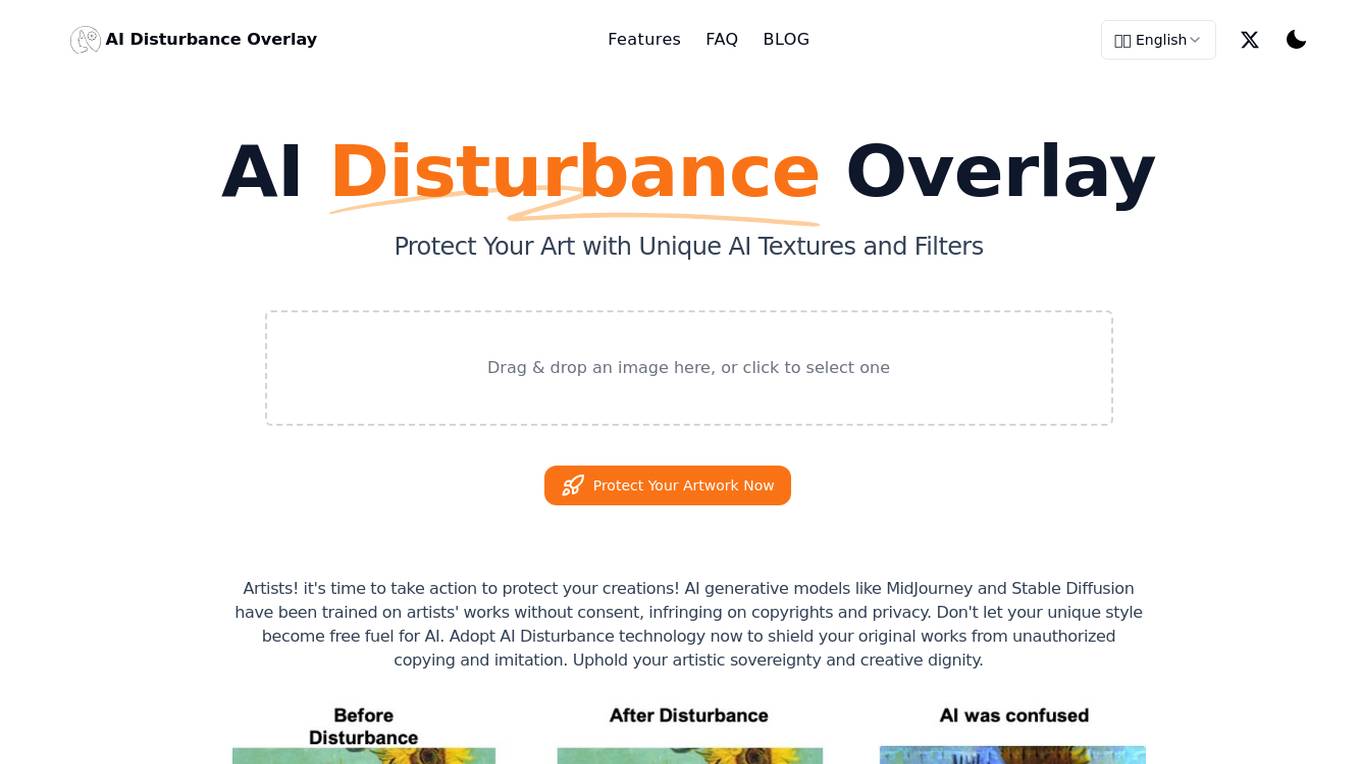
AI Disturbance Overlay
AI Disturbance Overlay is an innovative tool designed to protect digital artwork from unauthorized copying and imitation by leveraging AI technology. The tool introduces subtle adjustments to images that are imperceptible to humans but significantly disrupt AI models, ensuring the security and integrity of artists' original creations. With features like Blind Spot Protection, Resistance to Image Processing Attacks, and Anti-Interference Protection, AI Disturbance Overlay offers comprehensive defense mechanisms against AI style theft. The tool is user-friendly, affordable, and provides different protection levels to cater to artists' diverse needs.
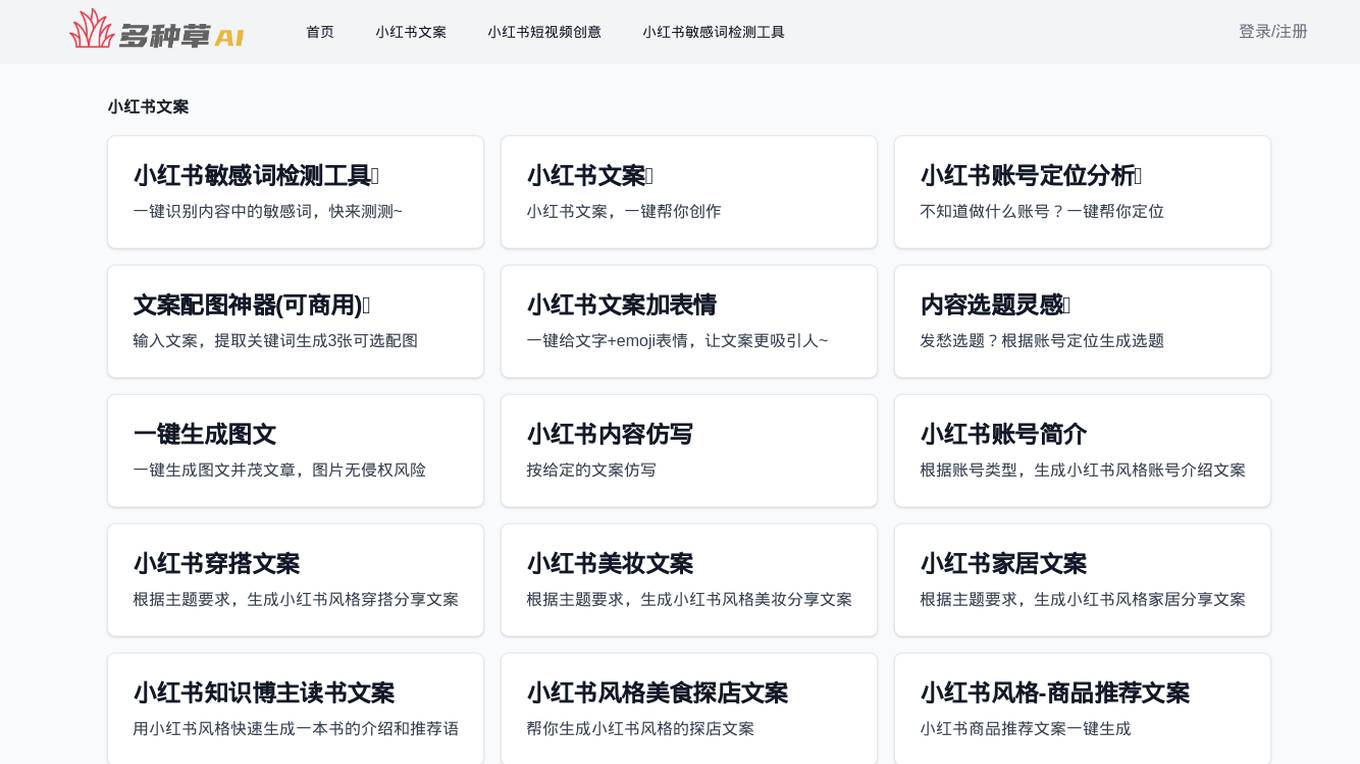
多种草AI
This website provides a variety of AI-powered tools for content creation, analysis, and marketing on Xiaohongshu, a popular Chinese social media platform. These tools include a sensitive word detection tool,文案 generation tool, account定位 analysis tool, image generation tool, emoji addition tool, content topic inspiration tool, article generation tool, content imitation tool, account introduction generation tool,穿搭文案 generation tool, 美妆文案 generation tool, 家居文案 generation tool, book introduction generation tool, 美食探店文案 generation tool, 商品推荐文案 generation tool, 旅游景点打卡文案 generation tool, 正能量文案 generation tool, 短视频标题 generation tool, and 短视频脚本 generation tool.

MimicBrush
MimicBrush is the ultimate creative AI tool for digital art, offering zero-shot image editing with reference imitation. It allows users to edit specific regions of an image while preserving the surrounding context, transfer textures between images, and refine edited images with advanced post-processing techniques. The tool's overall pipeline involves training dual U-Nets to recover masked areas of source images by leveraging attention keys and values from reference images. MimicBrush enables users to edit images by drawing inspiration from reference images in a self-supervised manner, capturing semantic correspondence for precise modifications.
1 - Open Source AI Tools
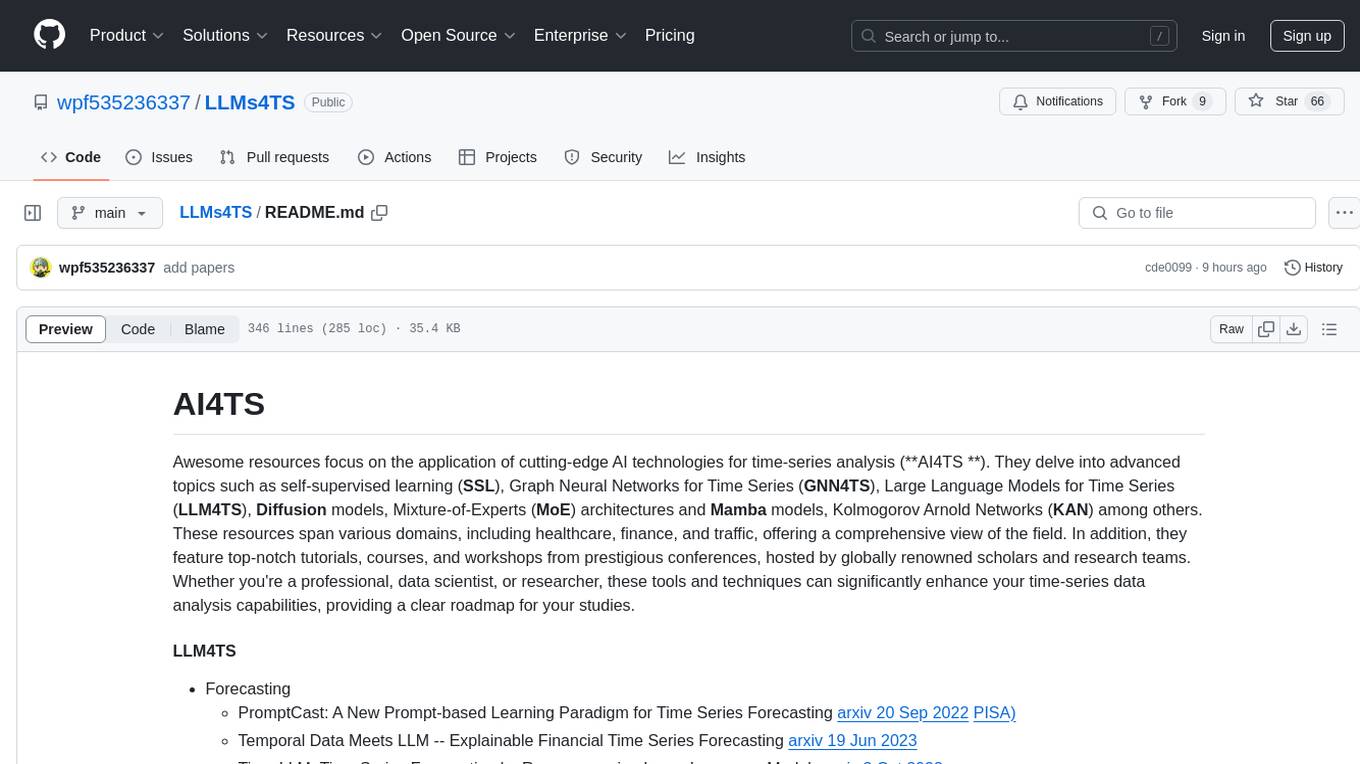
LLMs4TS
LLMs4TS is a repository focused on the application of cutting-edge AI technologies for time-series analysis. It covers advanced topics such as self-supervised learning, Graph Neural Networks for Time Series, Large Language Models for Time Series, Diffusion models, Mixture-of-Experts architectures, and Mamba models. The resources in this repository span various domains like healthcare, finance, and traffic, offering tutorials, courses, and workshops from prestigious conferences. Whether you're a professional, data scientist, or researcher, the tools and techniques in this repository can enhance your time-series data analysis capabilities.
8 - OpenAI Gpts
TuringGPT
The Turing Test, first named the imitation game by Alan Turing in 1950, is a measure of a machine's capacity to demonstrate intelligence that's either equal to or indistinguishable from human intelligence.
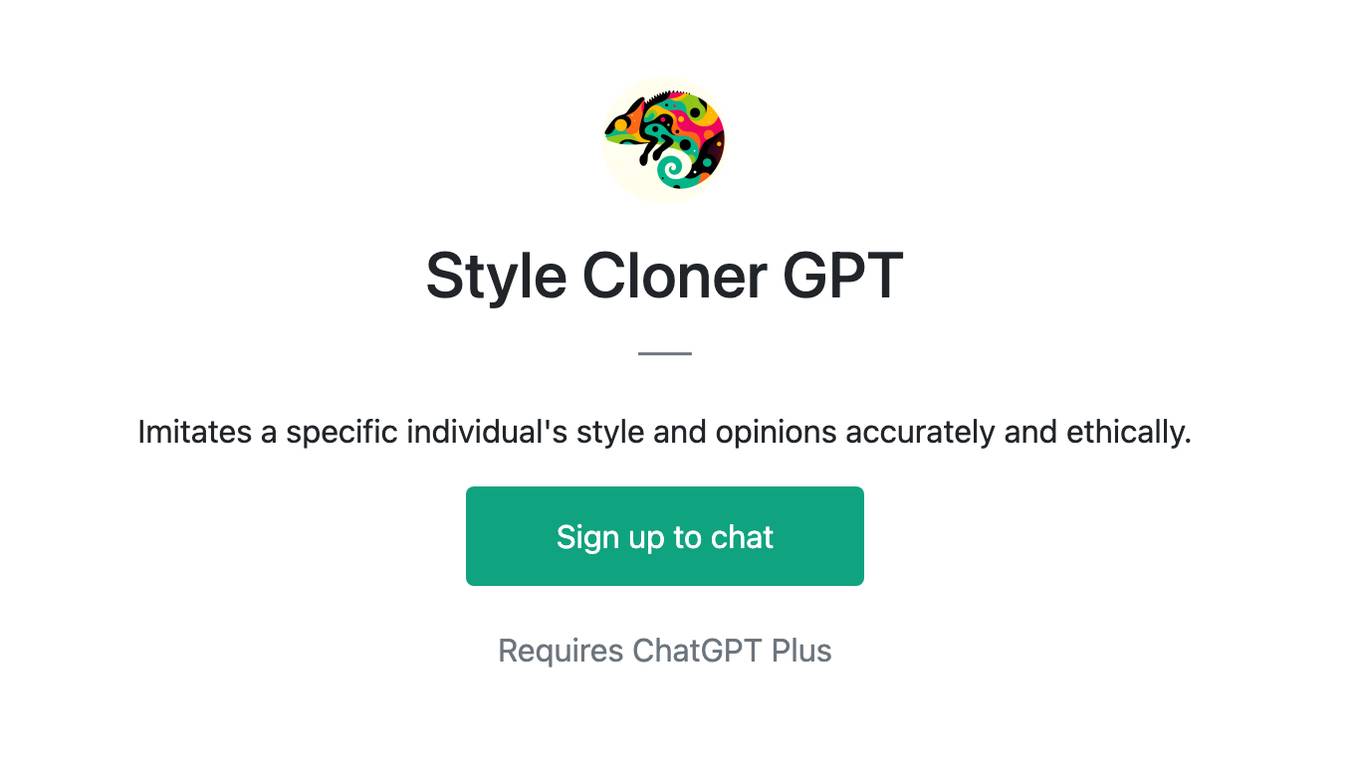
Style Cloner GPT
Imitates a specific individual's style and opinions accurately and ethically.
